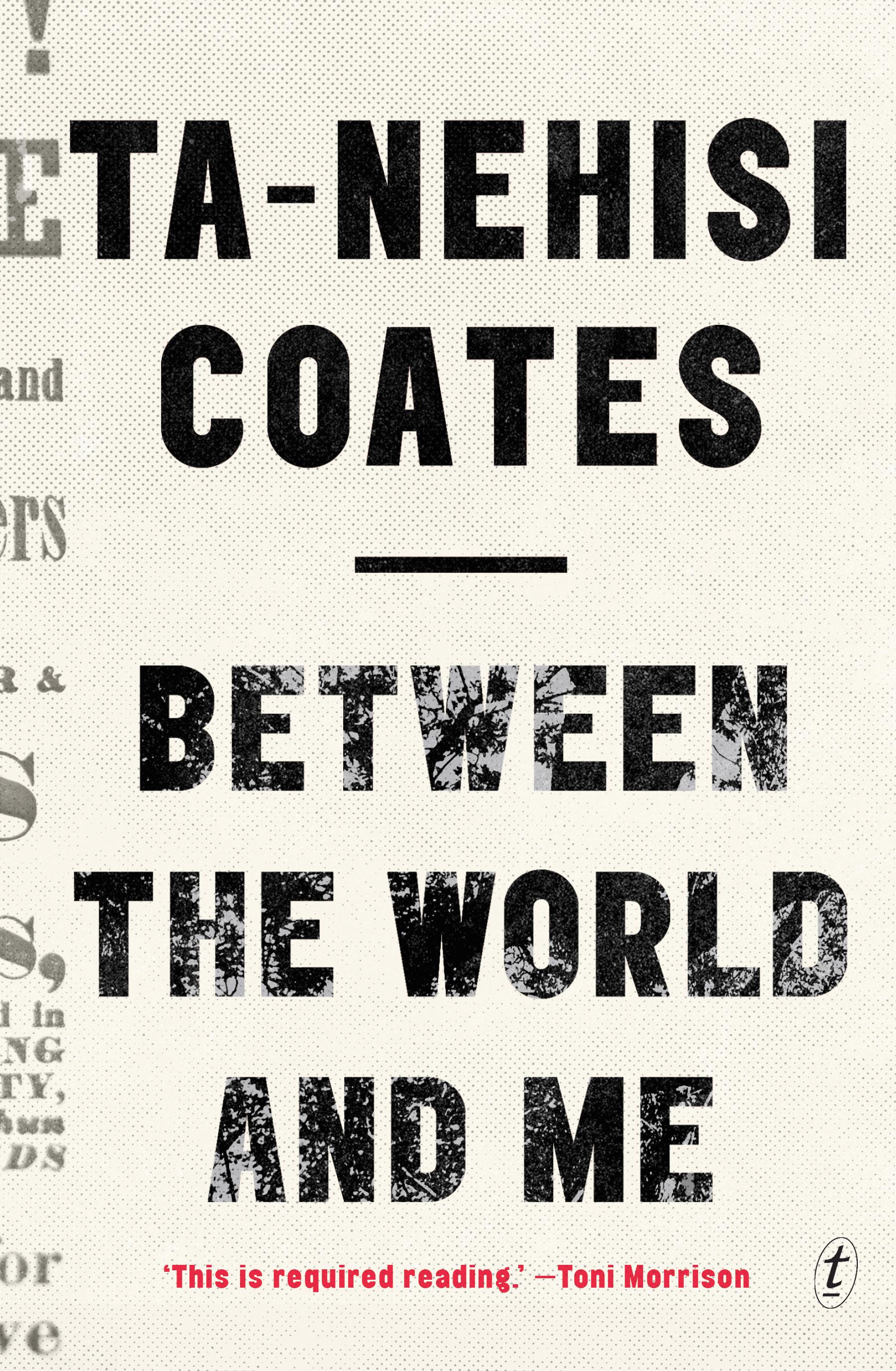Since we're in the season of flinging charges of "illiberalism" around, let's take a look at the latest — a screed against the so-called "LGBT Mafia" by Daniel Payne in The Federalist:
Aided by media that are both incompetent and often transparently biased, along with a burgeoning corporate culture that has discovered the economic benefits of public moral preening, we have what Stella Morabito aptly terms the “LGBT mafia:” a profoundly illiberal social movement rather single-mindedly determined to stamp out even minor and inconsequential dissent from its orthodoxy. It’s not going anywhere. In fact, it’s getting worse.
(Snip, regarding passage of "religious liberty" bill in North Carolina):
In response to this incredibly reasonable and commonsense bill, Bruce Springsteen cancelled a concert in Greensboro; dozens of corporations signed a protest letter; PayPal withdrew plans for an operations center in Charlotte; the composer Stephen Schwartz vowed that his productions—among them the Broadway hit “Wicked”—will not run in North Carolina; A&E and Lionsgate declared they will not film any productions in the state; and the federal government is deciding whether it can withhold billions and billions of dollars in highway, housing, and education funds.A few months ago, we were saying it was "illiberal" of social movements to try to strongarm the public out of public places, as happened at Mizzou. Sounds right. More recently, we're labeling protests against Donald Trump to be "illiberal" — and that sounds slightly less right, but to the extent they were trying to drown him out, sure.
But now: Now the act of not holding a concert or signing a letter or deciding not to hold a play — that's an illiberal quashing of dissent. Well, no. That just seems like dissent to me. Covered by the First Amendment. And they're using the First Amendment the way it's commonly understood that we should: To try to peacefully create change.
There's nothing authoritarian about that, is there?











